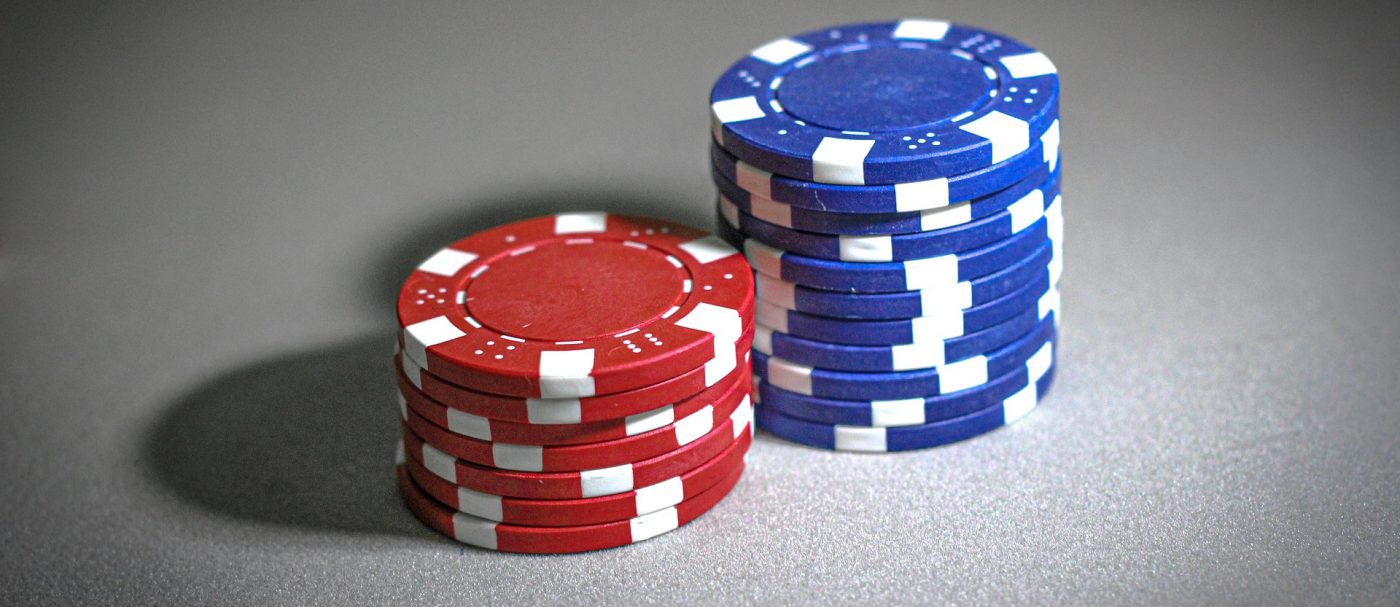 Talking about a game as a hobby is no longer correct, especially after the latest events that have occurred around the world, more or less from the end of 2019.
Talking about a game as a hobby is no longer correct, especially after the latest events that have occurred around the world, more or less from the end of 2019.
For years, the game has been implanted in the common mentality of society, leaving behind too many stereotypes that, in contexts like Spain, had relegated the entire gaming world as a phenomenon to be stigmatized and censored. The criticism, as historical as it is false, was that the game is a means of alienation. Later it was understood that this is not the case, and that the player, or gamer, in the end can also make a job of his passion.
Why are times changing?
Times are changing, also thanks to recent events related to the Covid-19 pandemic. With the massive transfer of life from physical spaces to online, games have also benefited, with a considerable increase in users and hours dedicated to gaming.
From traditional slot platforms to live online casino, the entire industry has benefited. Attention began to increase the more it was understood that gambling is not just leisure or entertainment, but a psychological issue. The moment you decide to play, the brain comes into play and psychology has always been closely related to all those dynamics that affect the functioning of the human being. In fact, today many aspects of classical psychology are present in the modern mechanisms of online slot machines . Where cognitive psychology, neuroscience, positive psychology and even personality, social and clinical psychology converge.
Cognitive psychology, assisted by neuroscience, is today fundamental for the design of the experience of games , to the point that we speak of User Experience. In fact, when devising a title, operators and developers must be interested in the capacity of perception, attention and memory. All this so that the player experience is fluid, functional, pleasant and transparent.
A branch of psychology, the positive one, carries out a series of interventions on motivation, answering simple questions that have never been answered: why do we play video games and why do we play a specific genre? Answers that can only be understood if personality psychology is involved: between a player’s motivation and his way of being there are close correlations. In short, in a word, you play a title according to the personality you have. Beyond the type of game, psychology is at the base of the option to play. All sealed by experience, which for a player is really the only thing that perhaps really matters.




